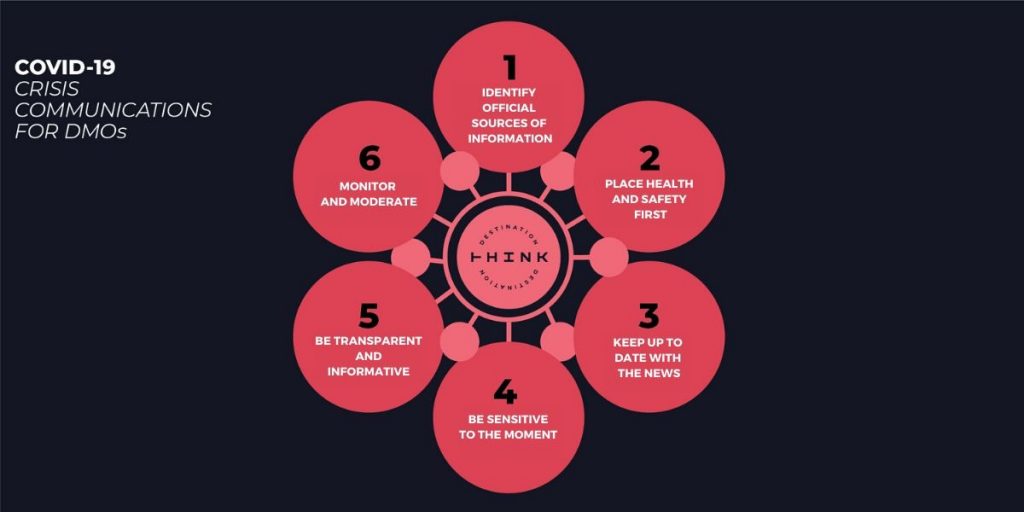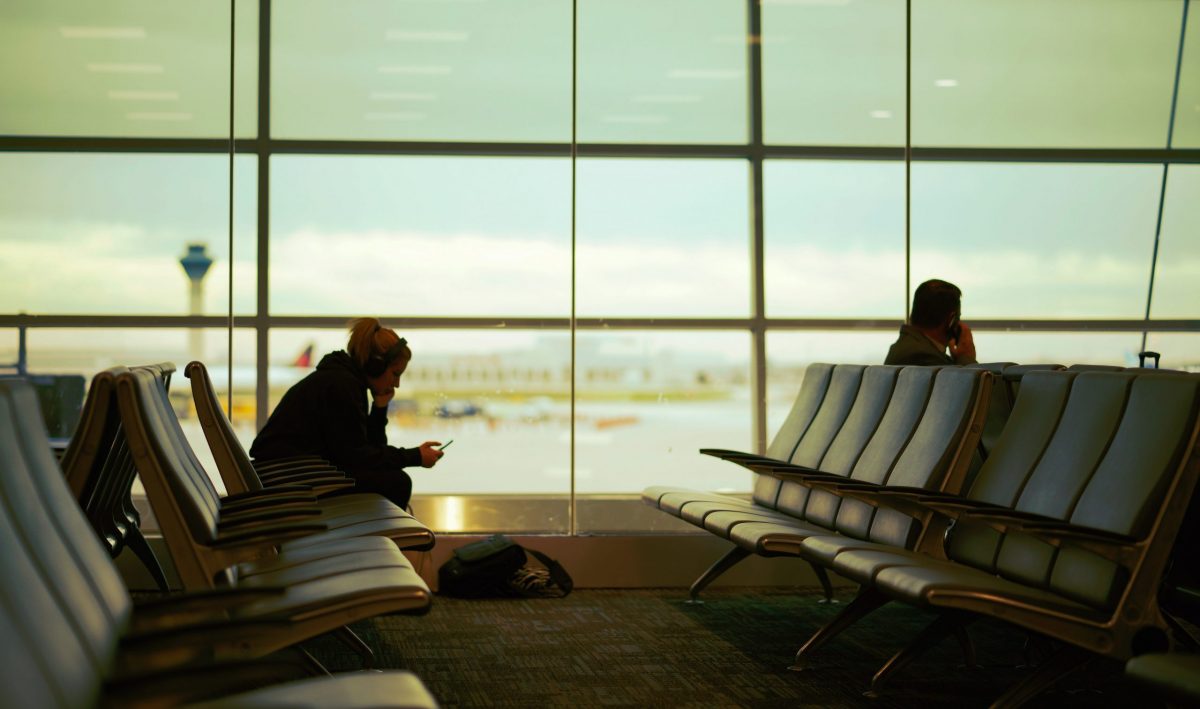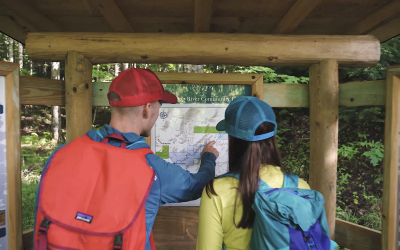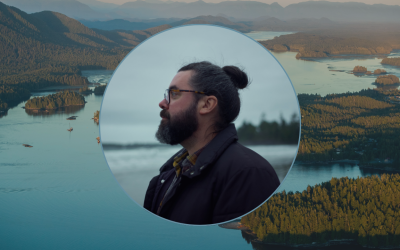Yes, this is a temporary time of crisis for global tourism. It is also time for your DMO to provide the calm, measured leadership that your visitors, locals and tourism industry need.
Many destination marketing organizations (DMOs) see their primary mandate as creating demand for travel through promotion. But as the COVID-19 pandemic spreads, many places realize that promoting travel and tourism during this time is becoming insensitive, or worse, irresponsible.
However, DMOs can lean into another critical role: community organizer. During a crisis, you can excel by providing steady leadership. You can’t predict the future. Neither can you provide medical advice; leave that to public health officials. Instead, you can orchestrate communication on behalf of all your stakeholders, including residents, through a well-informed, transparent communication policy.

Consider these elements of crisis planning and online communications
Each destination faces a different scenario, but here are some recommendations that we at Destination Think have been giving our clients.
First, recognize that your website and social media channels have just become even more important. With the news of outbreaks and travel restrictions changing so rapidly, people look to social media for current information. These channels are your most influential lines of communication in a crisis. Though your destination may choose to pause ad campaigns, your team will still need to talk directly with travellers and residents online.
During the COVID-19 crisis, there are two categories of messaging that your social media channels can address:
- Updating travellers about developments in your area (cancellations, event updates, safety tips, etc.)
- Encouraging future travel planning when it is safe to do so
As you determine when and where to share these messages, here are some principles to follow.
Identify official sources of information
You can only act appropriately when you have the facts. Determine which news media and government sources your team should depend on for factual updates that can inform your work during the crisis period. Rely on your government’s information about the current travel risks, restrictions and recommendations.
Place health and safety first
The health and safety of people in your destination always come first. Your social media audiences contain both visitors and residents, so keep local needs in mind, especially if your area reaches a stage where travel is restricted.
Support government recommendations about events, gatherings and general movements of the population. Keep messaging consistent within your community. If you must stop publishing, make it clear why you are doing so. Encourage calm and common sense.
Keep up to date with the news
Make sure your content team stays aware of updates from both the news media and official government sources. Create a plan for responding to particular news events that would trigger a change in your messaging. For example, at what point would you discontinue travel planning and inspirational posts and only post news to keep travellers safe? Beyond a certain point – for example, when airlines are likely to cancel flights – your DMO’s resources might be better spent planning for recovery.
Caution: As you watch updates stream in, consider how your content will look on a newsfeed when placed next to COVID-19 news in your target markets. Some areas are under stronger restrictions than others. For example, this tweet by an American city (which we’ve anonymized for this learning moment) promotes alternative events amid cancellations. It landed poorly and earned negative comments from people who have likely seen that some state governments recommend cancellation of all large group gatherings.
Be sensitive to the moment
Many DMOs and tourism businesses schedule their social media content to be published days or weeks after they write it. Pause scheduled posts until you’ve reviewed them again in light of the current situation.
- Identify messages that your audience might interpret as insensitive.
- Avoid posts that may inadvertently make people think of the virus instead of the destination. E.g., phrases like “We wouldn’t mind being stuck here for a few days.” become charged with negativity under the wrong circumstances.
- Change copy or images if you are concerned that they might draw criticism or negative comments.
Be transparent and informative
If major attractions close or large events cancel, be transparent. You may be able to offer alternative suggestions. Either way, your team needs to be able to answer questions and respond to comments about the status of popular tourism draws. Be direct, but sympathetic in tone. Point people to official sources. Acknowledging a traveller’s hardship or lost opportunity while providing facts can defuse a tense situation.
Destinations like Salzburg, Austria have done well to announce closures through social media by placing a clear priority on visitor health and by expressing sympathy to those whose plans have been disrupted. The audience of the SalzburgerLand Facebook page has been supportive.
❗The SalzburgerLand is closing the winter season❗Dear guests,while having a special responsibility towards our guests…
Posted by SalzburgerLand on Thursday, March 12, 2020
In another positive move, VisitCopenhagen’s Facebook page has announced a pause in its travel stories by providing a calm, reasonable update to its audience with a link to official information. Note that commenters have asked follow-up questions.
In light of the current and extraordinary covid-19 situation, we are saving our good Copenhagen stories for later. If…
Posted by VisitCopenhagen on Thursday, March 12, 2020
Your website can become another trusted source of information. In Canada, Destination British Columbia (DBC) is providing (as of March 13, 2020) an up-to-date page showing What You Need To Know about COVID-19 as it relates to travel in the province. A yellow banner is displayed across the website to draw attention. DBC provides links to health authorities and travel advisories; updates from airlines, cruise lines and border services; and essential information for travellers seeking medical attention. Like social media, pages like these require continual updating. But this one is a useful resource and can increase confidence across the tourism industry in B.C.
Monitor and moderate
Be present on your social media channels. Depending on your community’s mood and response, your team may need to devote extra time here. As always, take note of common questions and correct misinformation by responding to comments with facts. By responding to individual concerns and avoiding canned messages, travellers will feel heard and valued.
Above all, remain calm
You can’t control crises, only your responses. Your team and your stakeholders are in this together, along with travellers across the world. Continue to observe the unfolding situation, be proactive and rely on one another. Avoid knee-jerk reactions and stick to your plan.
Your visitors will appreciate the care and attention you show for their well-being and their future visits – when the time is right.
Featured image credit: VanveenJF, Unsplash










Alternatively, you could consider rising to the human demand of the moment and help save lives, instead of hoarding your financial reserves.
You could invest your millions in public tax revenue in taking care of those most vulnerable within the low wage, low benefit service-industry economy you incessantly promote. You could meaningfully stand up for the iconic small businesses that make your destination what it is, and that without something beyond unemployment (if it ever comes) will disappear entirely. You could reverse decades of negative PR with a simple gesture of going above and beyond your fiduciary duty to your own salaries and hotel CEO profits. Just a thought.
Matt, thanks for the note. I can’t speak for the private sector (hotels, etc.) but many DMOs are funded by some form of hotel tax, which in many parts of the world has rapidly gone to zero. I wouldn’t want to assume that those organizations have any reserves. But you’re right about the human demand of the moment. Whether there are restrictions on how budgets can be spent or not, DMOs can play an important role in their community at this time. Authentic actions are what strong brands are built upon. Addressing the community’s greatest needs will inevitably different for each place.
Beyond the human tragedy directly associated with the illness, it is incredibly sad to see the escalating impacts on people’s livelihoods and upon communities since we wrote this advice a couple of weeks ago. Many destinations have risen and are rising to the moment; supporting their community, healthcare and frontline workers, and their service industry. In a presentation that we shared yesterday, we talked about the human response that’s needed. We also shared It’s here if you’re interested: https://www.youtube.com/watch?v=9IxziDx6aJA&feature=youtu.be
This is an incredibly stressful and emotional time for many people. I hold strong faith that nearly everyone is doing the best they are able to do in the moment.